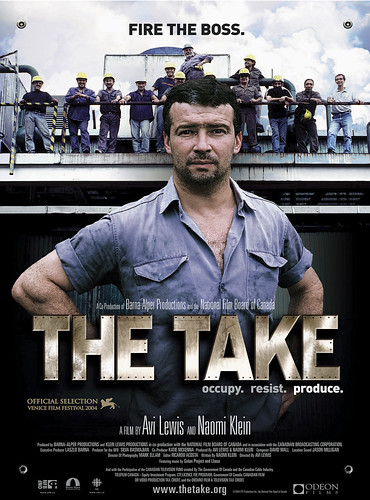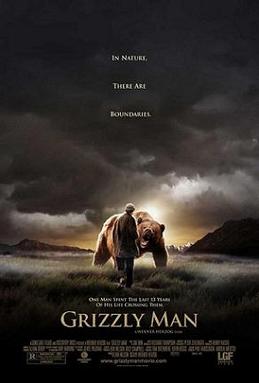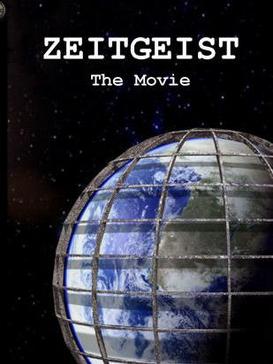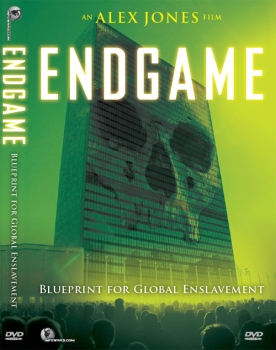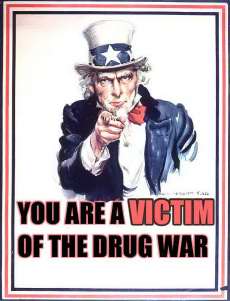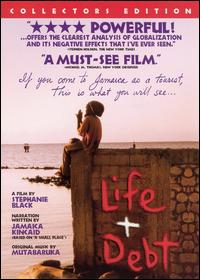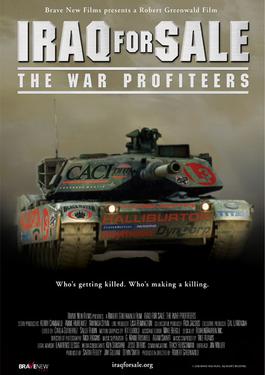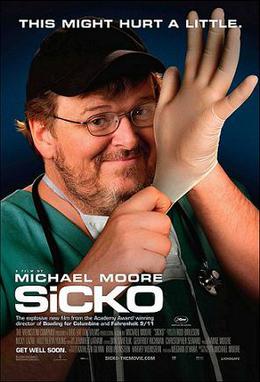
Directed by Adam Curtis
Playing time: 60 min
The final program of Curtis' 2007 series focuses on the concepts of positive and negative liberty introduced in the 1950s by Isaiah Berlin. Curtis briefly explains how negative liberty could be defined as freedom from coercion and positive liberty as the opportunity to strive to fulfill one's potential. Tony Blair read Berlin's essays on the topic and wrote to him in the late 1990s, arguing that positive and negative liberty could be mutually compatible. He never received a reply, as Berlin was on his death bed.
The program begins with a description of the Two Concepts of Liberty, reviewing Berlin's opinion that, since it lacked coercion, negative liberty was the 'safer' of the two. Curtis then explains how many political groups who sought their vision of freedom ended up using violence to achieve it.
Curtis looks at the neo-conservative agenda of the 1980s which argued that violence would sometimes be necessary to achieve their goals, except they wished to spread what they described as democracy. Curtis argued, although the version of society espoused by the neo-conservatives made some concessions towards freedom, it did not offer true freedom.
The neo-conservatives took a strong line against the Sandinistas—a political group in Nicaragua—who Reagan argued were accepting help from the Soviets and posed a real threat to American security. The truth was that the Sandinistas posed no real military threat to the U.S., and a disinformation campaign was started against them painting them as accessories of the Soviets. The Contras, who were a proxy army fighting against the Sandinistas, were—according to U.S. propaganda—valiantly fighting against the evil of Communism. In reality, argues Curtis, they were using all manner of techniques, including the torture, rape and murder of civilians. Contras were known to use CIA planes for drug runnings and the CIA also helped fund the Contras by illegally selling arms to the Iranians. Reagan´s policies of promoting democracy did aust U.S. friendly dictators Augusto Pinochet and Ferdinand Marcos via elections.
However such policies did not always result in the achievement of neo-conservative aims and occasionally threw up genuine surprises. Curtis examined the Western-backed government of the Shah in Iran, and how the mixing of Sartre's positive libertarian ideals with Shia religious philosophy led to the revolution which overthrew it. Having previously been a meek philosophy of acceptance of the social order, in the minds of revolutionaries such as Ali Shariati and Ayatollah Khomeini, Revolutionary Shia Islam became a meaningful force to overthrow tyranny.
The program reviews the Blair government and its role in achieving its vision of a stable society. Curtis argues that the Blair government created the opposite of freedom, in that the type of liberty it had engendered wholly lacked any kind of meaning. Its military intervention in Iraq had provoked terrorist actions in the UK and these terrorist actions were in turn used to justify restrictions of liberty.
English version:
 Directed by Erwin Wagenhofer
Directed by Erwin Wagenhofer



